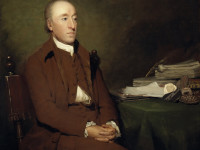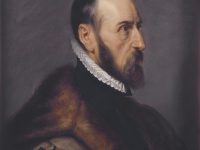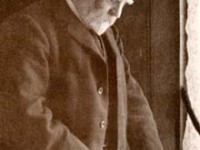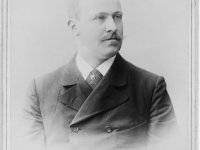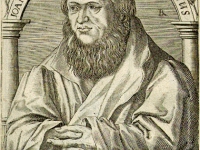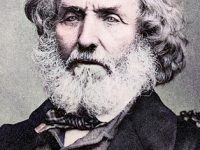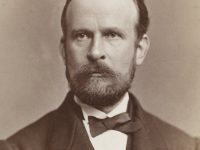James Hutton – the Father of Modern Geology
On June 3, 1726, Scottish geologist, physician, chemical manufacturer, naturalist, and experimental agriculturalist James Hutton was born. He originated the theory of uniformitarianism, a fundamental principle of geology, which explains the features of the Earth’s crust by means of natural processes over geologic time. Hutton’s work established geology as a proper science, and thus he is often referred to as the “Father of Modern Geology“. “The past history of our globe must be explained…
Read more

